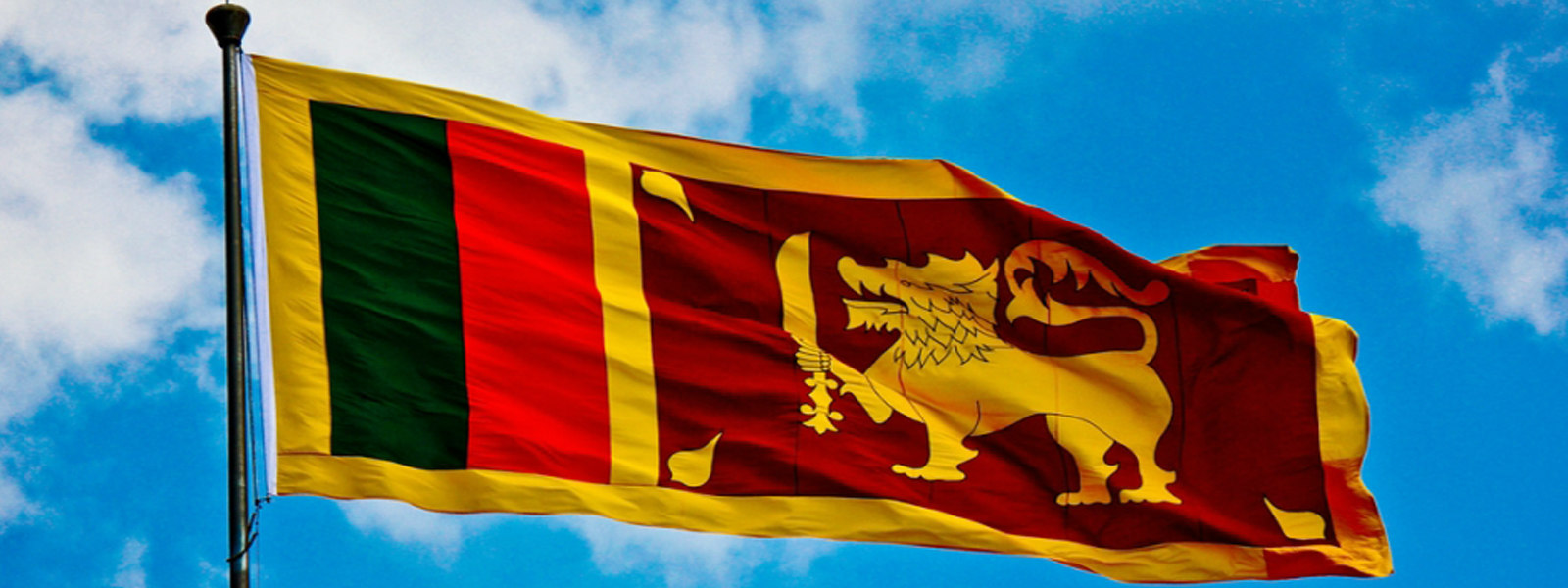.webp)

Two Realities and Keeping the Majority At Bay
By Jehan Perera
Colombo (News 1st) - Today, there are people living in two worlds within Sri Lanka—one set of people able to ride the wave and getting high while the other set of people are getting trapped in the undercurrents and dragged down.
There is a powerful social media campaign conducted by the government that the economy is on the mend and that opposition politicians are lining up to join it. This may impress those who are above the poverty level and who are able to afford the current prices. But those who are below the poverty level know the reality. No amount of social media campaigning will convince them that they are better off when they know they are worse off.
This accounts for the new Anti-Terrorism law, ostensibly for national security, now in its draft form which is defined so broadly that even criticizing the government or mobilising against it can be construed to be an act of terrorism.
President Ranil Wickremesinghe’s stock is rising high in the higher echelons of society where there is virtual unanimity that the president’s handling of the economic crisis has been masterful. The president’s achievement is seen in his restoration of order out of the chaos of the Aragalaya period and by getting the IMF to grant its biggest ever loan to the country. Prices are coming down and the sales for the New Year are in full swing.
The message is going out that the president is the best man for the job and that there is no alternative to him. Shortly after the IMF loan came through the government reduced the price of petrol and diesel by a significant amount and also brought down the price of several other essential commodities.
The government led by the president is also taking up economic challenges that are unpopular. This is also seen as the president doing what needs to be done. There is speculation that one of the reasons that opposition political parties are keeping quiet about elections is because they prefer the president to get on with the hard tasks.
The manner in which the president dealt with the strike action by petroleum sector workers, by summoning the army to take over the fuel distribution is a sign that the government will be unyielding about what it believes needs to be done. In addition, the leaders of the strike action have been promptly sent on compulsory leave pending possible dismissal. The strikers are complaining that the army is forcing them to work.
The government is also going ahead with its plan to privatize state-owned economic enterprises which have been loss makers over the past decades due to incompetence, overstaffing and corruption. This governmental initiative has been praised by sections of the community as the way to reduce the drain on the government’s coffers as well as to increase the productivity of those national assets.
On the other hand, the government’s efforts to sell state enterprises, which would mean the downsizing of the staff in them, is causing severe anxiety amongst those who are the likely casualties of this restructuring. Large numbers of workers in the state-owned enterprises will possibly be laid off in the process of economic rationalization. They will be leaving jobs in which they were by and large comfortable with generous overtime payments.
Jehan Perera is Executive Director of the National Peace Council of Sri Lanka (NPC) which works in all parts of the country with networks of partner NGOs and inter-religious groups. NPC focuses on building public support for a political solution to the ethnic conflict.
Other Articles
Featured News





.png )
-819380_550x300.jpg)


-812087_550x300.jpg)
-810262_550x300.jpg)
-809496_550x300.jpg)













.webp)






